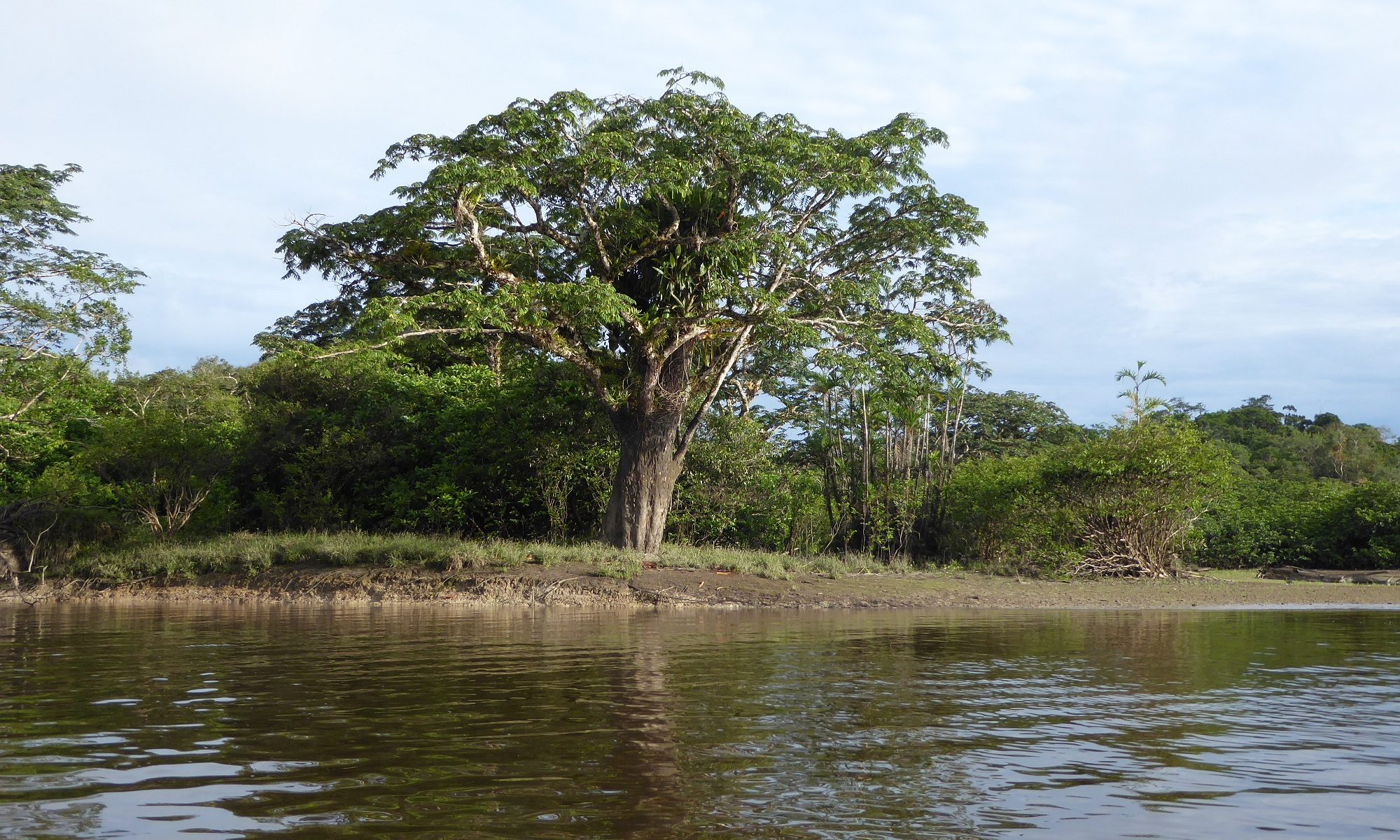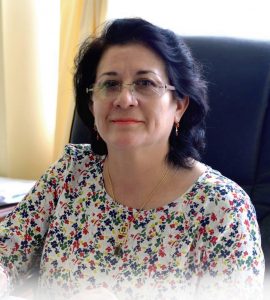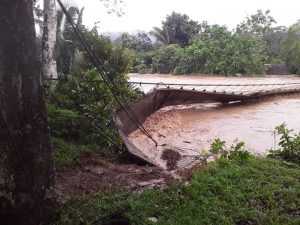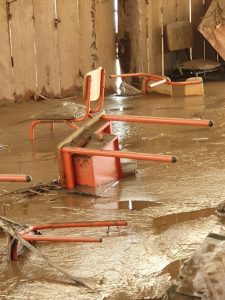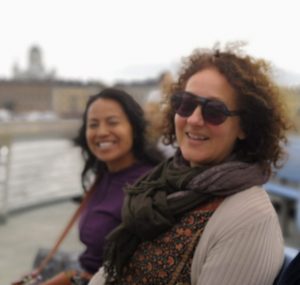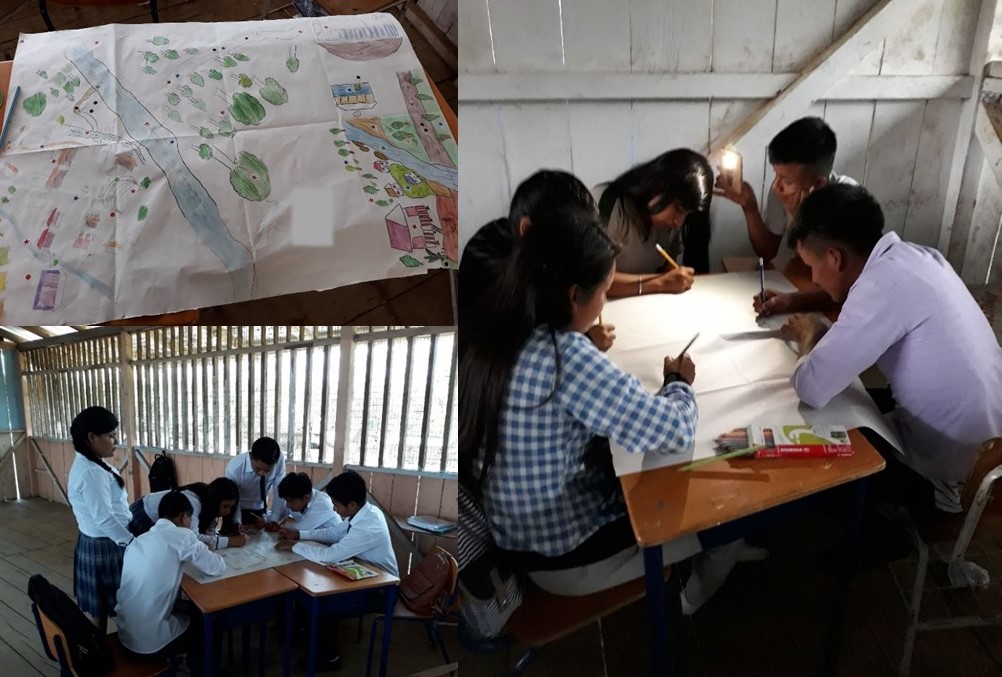(reposted from ESDLA blog: Special Issue-Covid19)
By Paola Minoia
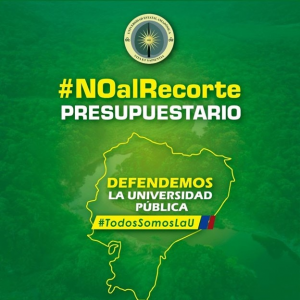
#NoalRecorte campaign in Ecuador banner. Source: Internet.
Covid-19 is expanding in Ecuador, but even more rapid has been the reaction by the government to restrict certain rights. No one dares to contest the lockdown, one of the strictest worldwide, that forbids the mobility of people from 2 pm until 5 am. However, some restrictions that are involving fundamental rights for the Ecuadorian people, i.e.: education for all, are causing discontent. The focus in this blog post is the right to higher education, especially for the less affluent groups of people who attend public universities. My knowledge of the Universidad Estatal Amazonica (UEA) – since my first visit in 2015, allows me to tell how much the administrative and academic staff of this University, located in the Pastaza province, is committed to serve their students to the best of their possibilities. Continue reading “The Covid-19 health emergency cannot be a justification for making public education pay for the economic crisis”
